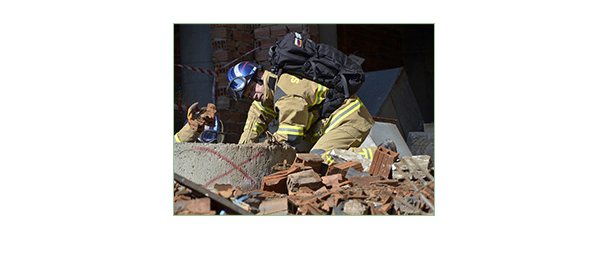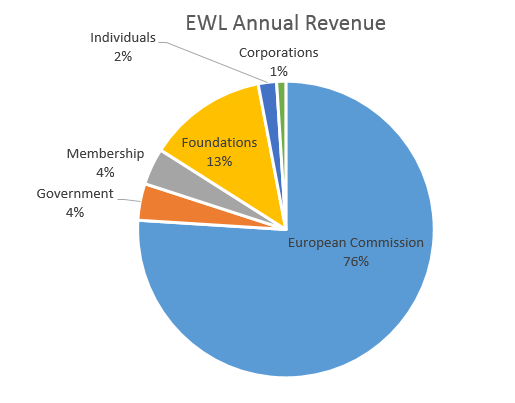[Press Release European Commission, 10 December 2013] The European Parliament today adopted new legislation on EU civil protection which paves the way for a stronger European cooperation in responding to disasters.
The revised legislation on the EU Civil Protection Mechanism is designed to better protect and respond to natural and man-made disasters. It will increase the safety of EU citizens and disaster victims worldwide with provisions that ensure closer cooperation on disaster prevention, better preparedness and planning, and more coordinated and faster response actions.
To better prepare for disasters, there will be more training available for civil protection personnel operating outside their home countries, more exercising of civil protection response capacities such as search and rescue teams and field hospitals and closer cooperation with neighbouring countries.
For a stronger and more efficient response, the legislation envisages the creation of a voluntary pool of Member States’ assets (teams, equipment) available for immediate deployment as part of a joint European intervention.
The new legislation asks the Member States to share a summary of their risk assessments and to refine their risk management planning. This will facilitate the exchange of best practice and learning from each other. It will also help identify where additional investments are needed in disaster prevention.
The EU will provide limited seed-funding to address genuine gaps in response capacities, following a coordinated consultation process with all the Member States. Limited funding will also be available to help Member States address temporary shortcomings in capacities in case of extraordinary disasters. For this purpose, the EU will support the Member States to keep specific assets on stand-by.
In addition, the revised legislation simplifies and strengthens the transport arrangements for the immediate deployment of assistance. The EU will reimburse the transport of the assets and teams to the affected area up to 85% of the costs.
The Emergency Response Coordination Centre (ERCC) was set up in May 2013, providing a full 24/7 capacity to monitor and respond to disasters, ensuring that the Member Stars are fully informed of the situation and can decide in a coordinated way about the provision of financial and in-kind assistance.
The European Commission presented the legislative proposal in late 2011. The new Union Civil Protection Mechanism will come into effect in the beginning of 2014.
Read also the ECHO BLog and the stories under the 1000 Days section.
1,000 days have passed since the start of what has led to today’s insoluble civil war in Syria. Many of the consequences of this war can be measured in seven digit numbers. For example 2.2 million people have made perilous journey to neighbouring countries, often on foot, in pursuit of a prospect of safety for themselves and their family members. Out of this number, at least 1 million are children, many of who now draw artillery and tanks when asked about home. But the greatest share of suffering inflicted on the lives of ordinary men and women, boys and girls, is immeasurable and unimaginable.



